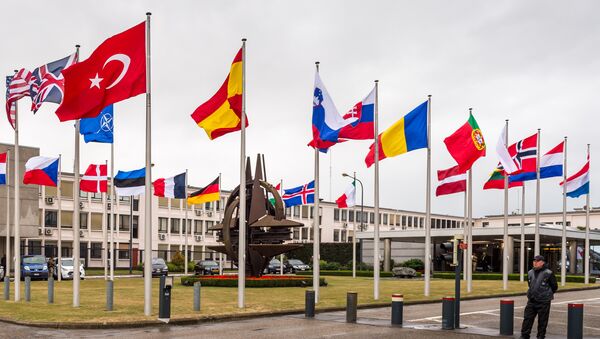An economic crisis generated by United Kingdom’s departure from European financial institutions could eventually lead it to abandon its participation in economic sanctions against Russia, but so far, there was no sign yet that was going to happen, Lauria acknowledged.
"United Kingdom's foreign policy and relationship with Russia is not changing by leaving and will depend on the next government, which will decide, for example whether to continue supporting sanctions on Russia," he explained.
UK Prime Minister David Cameron, a strong supporter of sanctions against Russia over the past two years, is due now to leave office in the fall after either a new government is approved by the House of Commons — the main chamber of the British parliament — or after a new election is held.
However, United Kingdom’s politics and business prospects appeared to have been plunged into a gloomy uncertainty that would last for months and possibly years, Lauria warned.
"What is most fascinating about the results of the UK referendum is that no one seems to know exactly what this means for the United Kingdom or Europe. Neither the doom and gloom of the remain camp nor the idealism of those who favoured leaving seem realistic," he noted.
The European Union and the United Kingdom will now have two years, and perhaps longer if the Union allows it, to work out a new relationship, Lauria pointed out.
The patterns of support in Northern Ireland for remaining in the European Union suggested that the Brexit vote could trigger the ages-old dream of a United Ireland, further isolating England, Lauria suggested.
Top EU officials have already made clear they want the United Kingdom out of the European Union as quickly as possible, but such an outcome will depend upon whether that departure is gradual and smooth or sharp and traumatic, Northern Ohio University Assistant History Professor Robert Waters pointed out.
"The big British question: Will the Euro Statists let the British leave?" Waters asked. "It is easy to imagine Brussels brandishing a buried regulation that… prevents countries from leaving the Union."
However, the British may have begun a populist cascade as the peoples of Europe sought to follow their example in order to escape from the "soft despotism of bureaucratic rule," and the hard economics of German banking policy, Waters concluded.



